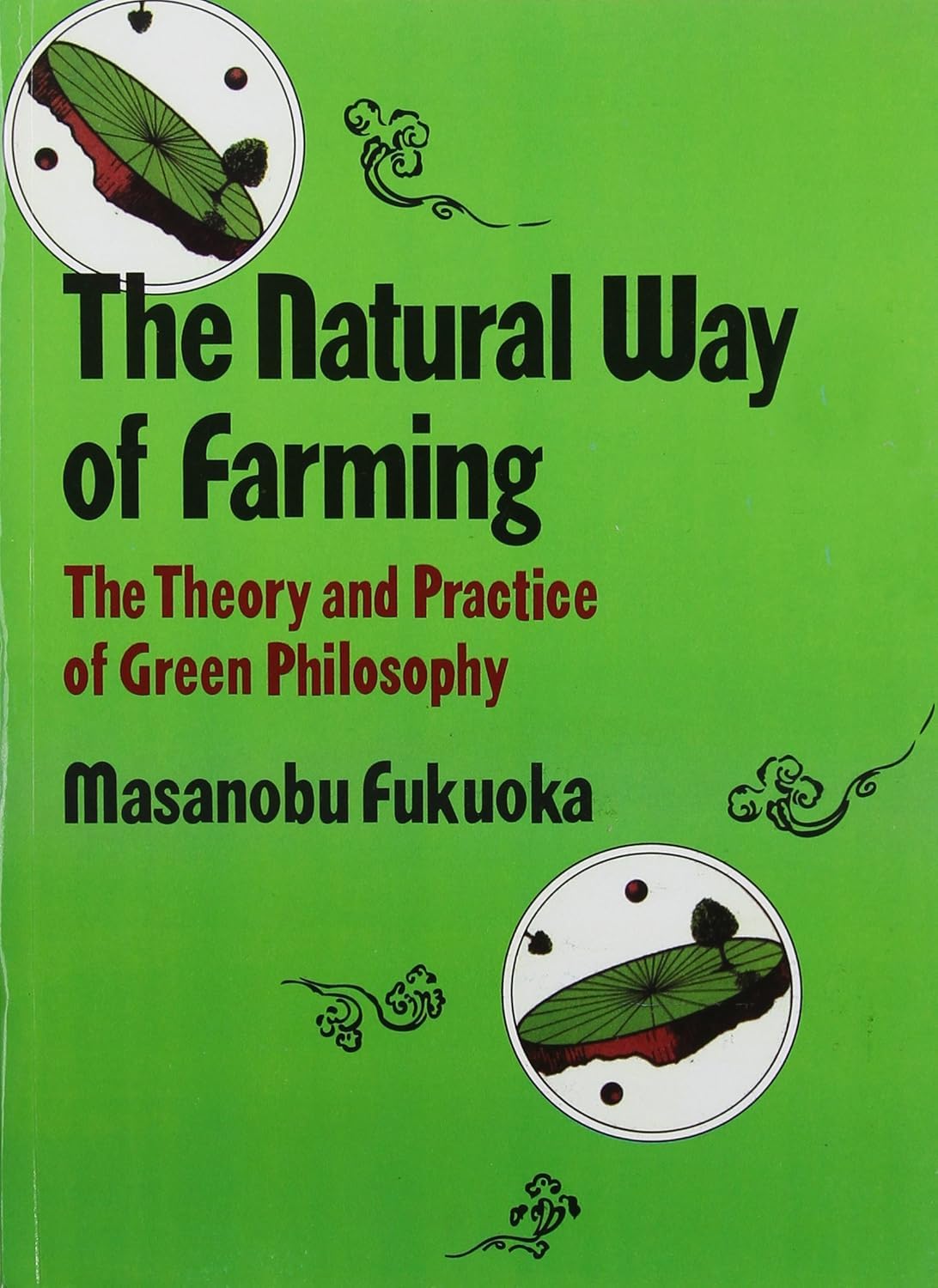Some deliveries may take a little longer than usual due to regional shipping conditions.
معلومات عنا
حقوق الطبع والنشر © 2024 Desertcart Holdings Limited


Natural Way of Farming
S**N
A must-read for all the people who have farming in mind
A must-read for all the people who have farming in mind. And the book is the original copy. Not a fake or first copy.
G**R
Thank you
Thanks for providing this valuable book
B**I
... highly rated books and I find it a bit boring some times and the examples are less relevant in ...
I believe it is one of those highly rated books and I find it a bit boring some times and the examples are less relevant in my country, India. However the core principles are great.
S**
Read after one staw revolution of same writer
We r forgetting the art of being natural. Here is how philosophy meets practicality
A**R
Must read.
Very good book
R**R
Five Stars
Gr8 way to learn about farming...
K**E
Timely delivery
Just apat
A**R
Five Stars
Great way to explain things which are now lost
ترست بايلوت
منذ شهر
منذ شهرين
منذ شهرين
منذ 5 أيام